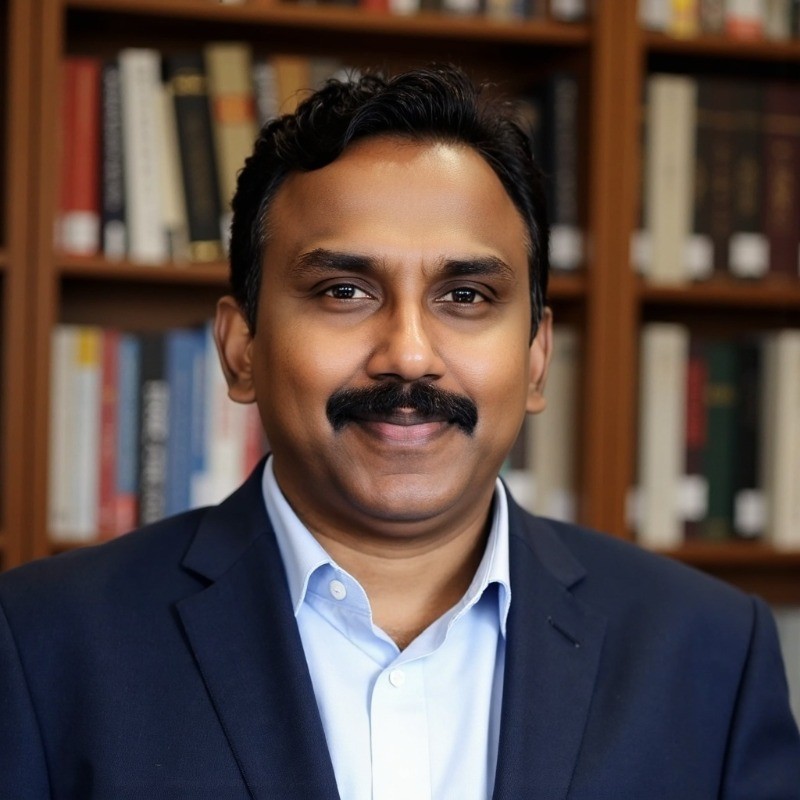Index
Dr. Yukio Fukuyama, a distinguished figure in pediatric neurology, passed away peacefully at his home on July 17, 2014, at the age of 86. His passing marked the end of an illustrious career dedicated to the advancement of child neurology, particularly in Japan and throughout Asia.
 Early Life and Medical Education
Early Life and Medical Education
Born on May 28, 1928, in Miyazaki, Japan, Fukuyama received his early medical education at the prestigious University of Tokyo, where he studied from 1948 to 1952. Following his internship at the University of Tokyo Hospital (1952–1953), he pursued postgraduate studies under prominent mentors including Professors Tadao Takatsu, Toshihiko Tokizane, and Seturo Ebashi. In 1957, Fukuyama earned his PhD and subsequently completed a Diploma of Medicine in 1959, laying a solid foundation for his remarkable future contributions to neurology.
Pioneer in Pediatric Neurology
Dr. Fukuyama’s major clinical and academic interests included pediatric epileptology, pediatric neuromuscular disorders, and clinical neurogenetics. His commitment to these fields culminated in the founding of the Japanese Society of Child Neurology in 1961, the first society of its kind globally, significantly influencing the evolution of pediatric neurology both in Japan and internationally.
Discovery of Fukuyama Congenital Muscular Dystrophy (FCMD)
Dr. Fukuyama’s name is forever associated with the disorder he described in 1960, initially referred to as "A peculiar form of congenital progressive muscular dystrophy." Now widely known as Fukuyama congenital muscular dystrophy (FCMD), the disorder is characterized by early onset muscle weakness, hypotonia, progressive muscle wasting, joint contractures, and distinctive facial features. Thanks to collaborative efforts with Professor Ebashi and Professor Tokizane, Dr. Fukuyama demonstrated significant elevations in serum creatine kinase and distinct electromyographic patterns, distinguishing FCMD from other neuromuscular conditions, especially cerebral palsy.
FCMD is predominantly observed in Japan, with an estimated incidence of 2 to 4 per 100,000 infants, ranking as the second most common childhood muscular dystrophy after Duchenne muscular dystrophy in the country.
Advocacy and International Impact
Dr. Fukuyama was instrumental in establishing the Asian & Oceanian Child Neurology Association (AOCNA) in the early 1980s. Under his mentorship, the AOCNA flourished into a vibrant professional body with over 500 members, nurturing pediatric neurologists from various countries including Malaysia, Philippines, Hong Kong, Singapore, Australia, and Turkey. He emphasized long-term friendships, professional networking, and encouraged pride in the Asian pediatric neurology heritage amidst the broader international community.
Dr. Malinee Thambyayah, a senior pediatric neurologist in Malaysia, fondly recalls Dr. Fukuyama’s personalized mentorship, detailed correspondence, and unwavering support for professional development. His handwritten New Year cards and thoughtful responses to clinical queries became treasured symbols of his enduring commitment to his students and colleagues.
Educational Philosophy and Personal Anecdotes
Dr. Fukuyama embraced a philosophy best encapsulated by his adage: "Slow but steady, life is long." As a teacher, he uniquely emphasized self-learning, encouraging students to solve clinical puzzles through meticulous history-taking and physical examination rather than relying solely on laboratory tests. His teaching style intentionally left certain medical mysteries unresolved, fostering active, engaging discussions at conferences and scientific gatherings.
His home, shared with his beloved wife Ayako, was famously known for its extensive library, meticulously maintained and frequently admired by visiting scholars. A delightful anecdote reflecting his humor and dedication to neurology was the naming of one of their dogs "Fukutin," after the gene associated with FCMD.
Dr. Fukuyama cherished informal gatherings with colleagues and students, enlivened by friendly conversation and gentle camaraderie, often over a glass of alcohol. These interactions, filled with warmth and genuine engagement, were an integral part of his legacy.
Honors and Recognition
Throughout his career, Dr. Fukuyama received numerous prestigious awards, reflecting his extensive impact on pediatric neurology globally. These accolades included:
-
Kimura Taro Prize, Japanese Epilepsy Association (1989)
-
Frank Ford Lectureship Award, ICNA (1992)
-
Duchenne-Erb Prize, Deutsche Gesellschaft für Muskelkranke (1999)
-
Lifetime Achievement Award, World Federation of Neurology (2002)
-
William G. Lennox Award, American Epilepsy Society (2004)
-
The Asahi Award, The Asahi Shimbun Cultural Foundation (2008)
-
Order of the Sacred Treasure, Gold Rays with Neck Ribbon, Japanese Government (2008)
His honorary memberships spanned numerous prestigious societies, including the American Academy of Neurology, American Neurological Association, European Pediatric Neurology Society, and International Child Neurology Association, among many others.
Final Years and Legacy
Dr. Fukuyama demonstrated remarkable resilience and optimism in his later years. Following a dramatic recovery from intracranial bleeding treated surgically in April 2012, he remained engaged and enthusiastic, eagerly anticipating new treatments for FCMD. His unwavering dedication to pediatric neurology continued until his final days.
Dr. Yukio Fukuyama’s life was characterized by humility, scholarly excellence, dedication to patients and their families, and an enduring passion for mentoring the next generation. His contributions to pediatric neurology, his unique teaching methodologies, and his warm interpersonal relationships have left an indelible mark that continues to inspire clinicians and researchers worldwide.
He will be remembered not only for his clinical acumen and academic achievements but also for the kindness, warmth, and humor he brought to everyone who knew him.



